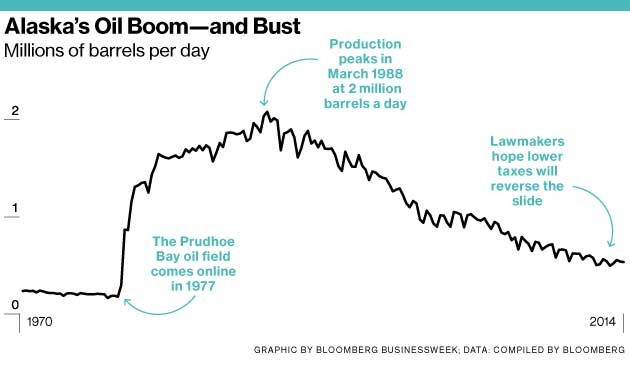Oil Investments Come with Big Tax Breaks
Post on: 16 Март, 2015 No Comment

Published May 19, 2014 | By Admin
Individuals who are interested in investing and are currently struggling to find a market that will provide a healthy ROI from the outset may want to consider oil drilling programs. Uncle Sam is more than forgiving to investors willing to put their hard-earned income into this industry as he is rewarding those that do with sizable tax breaks.
The United States government has emphasized increased domestic energy production for many years now, particularly in the wake of threats to international oil reserves and supplies. Everyone from private individuals to oil and gas investment companies is benefiting from these modern-day tax incentives. If you have ever wanted to invest, this is the time and place to do it!
Why Should I Invest in Oil?
Both the tangible and intangible expenses of oil drilling are completely deductible as long as certain conditions are met during the annual tax year. The intangible factors are the ones not directly related to the on-site drilling gear and equipment. These range from the cost of labor to drill the oil well to any chemicals and other items used during the drilling process. The good news is that these costs (which account for nearly 70 percent of all drilling operations) are fully deductible regardless if any oil is produced. The project could be a complete loss, but investors still receive a 100% tax deduction for the incurred expenses.
Any cost pertaining to production casing, production tubing, wellhead equipment and tank batteries are considered tangible, and these too are 100 percent deductible. It is worth noting that the tax break for tangible costs are distributed over a seven-year depreciation period.

For example, if you were to invest in a $500,000 drilling operation, approximately 70 percent (the intangible expense portion), or $350,000, would be deducted for the current tax year with the remaining $150,000 deducted over that seven-year time span. The U.S. Government also considers any and all working interests in oil and natural gas operations to be active instead of passive income, which means net losses, not just profits, will counter the investors remaining forms of income and capital gains.
Small independent producers are clearly in a prime position for oil tax breaks as any producer or investor that makes or refines less than 50,000 daily barrels or that owns less than 1,000 barrels per day are eligible for a 15 percent tax exclusion on the gross income earned from the well operations.
Also known as the depletion allowance, this is a highly attractive incentive for small start-ups and wealthy individuals looking for a profitable stake in drilling oil wells, one of the best investments for 2014 !














